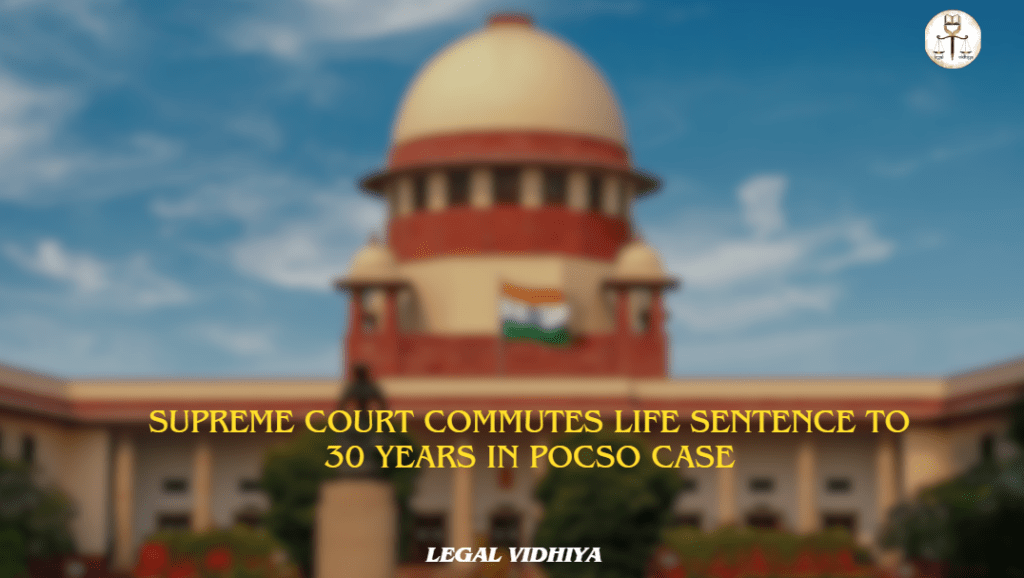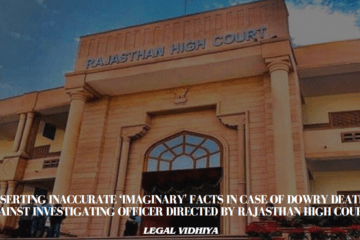
The state of Madhya Pradesh presented the Supreme Court of India in the case of Bhaggi @ Bhagirath @ Naran v. The State of Madhya Pradesh which introduced a difficult legal situation before the Supreme Court of India. The petitioner found guilty of raping a 7-year-old child, who was given death penalty which was eventually changed to life imprisonment by the High Court. Later on, the Supreme Court, in this case judgment, further lowered the sentence to 30 years of rigorous imprisonment, demonstrating how important it was for a fair and impartial means in addressing serious crimes.
The court considered that one of the important key aspects that was considered by the court was the fiduciary relationship between the petitioner and the victim. This fiduciary relationship played a crucial role in determining the severity of the offense and the impact on the victim. The breach of trust and authority by the petitioner, who committed the offense at a temple highlighted the seriousness of the offense and the abuse of trust by the petitioner. In evaluating the petitioner’s potential for reformation and rehabilitation, the court looked into various factors. Where Petitioner’s no prior criminal antecedents and the petitioner’s behaviour during imprisonment were significant considerations in evaluating the possibility of rehabilitation by the court. By acknowledging the importance of balancing justice for the victim with the prospects for the petitioner’s reformation, the court demonstrated a balanced approach to sentencing in cases of serious crimes.
The Supreme Court’s decision made clear that cases involving sexual offences must be handled with a sense of responsibility and sensitivity. The court tried to respect the justice principles whilst acknowledging and considering the potential for rehabilitation in sentencing decisions, The court aimed a prime instance comprehensive and customised approach which was innovative in judicial verdict to uphold principles of justice while also recognizing the importance of reformation in the criminal justice system. The judgment in this case sets a precedent model for evaluating the possibility of reformation in sentencing for grave offenses, reflecting a holistic and individualized approach to judicial decision-making.
In general, the verdict rendered by the Supreme Court’s ruling in Bhaggi @ Bhagirath @ Naran v. The State of Madhya Pradesh indicative of the court’s dedication to rule of law by protecting victims’ rights, and promoting rehabilitation within the legal framework upholding justice. The court navigated complex legal issues with a focus on fairness, deterrence, and rehabilitation in sentencing. By striking a balance between the severity of the offense and the potential for reformation.
Case Name:
Bhaggi @ Bhagirath @ Naran v. The State of Madhya Pradesh,
NAME: SHRIDEVI C. KOTKAR, B.A, LLB COLLEGE: AZIM PREMJI UNIVERSITY, BANGALORE, INTERN UNDER LEGAL VIDHIYA.
Disclaimer: The materials provided herein are intended solely for informational purposes. Accessing or using the site or the materials does not establish an attorney-client relationship. The information presented on this site is not to be construed as legal or professional advice, and it should not be relied upon for such purposes or used as a substitute for advice from a licensed attorney in your state. Additionally, the viewpoint presented by the author is of a personal nature.




0 Comments